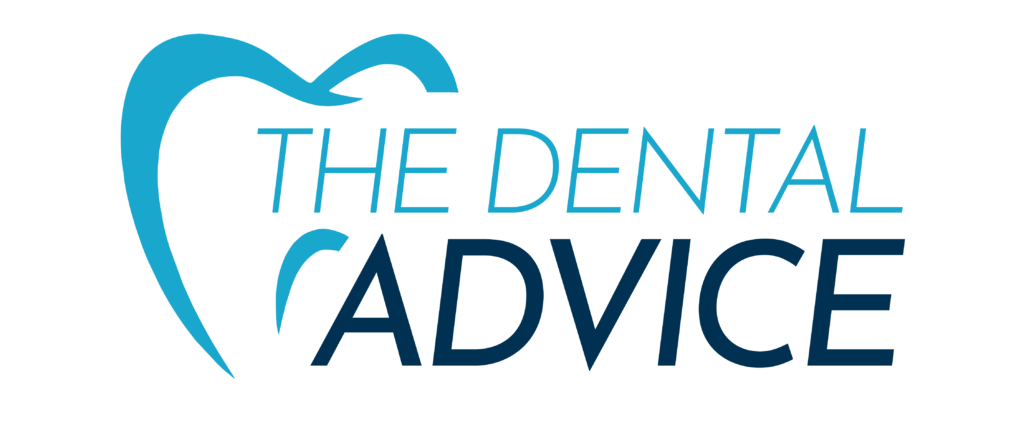Venturing into the world of boating can be an exciting yet overwhelming experience, especially for beginners. Whether you are interested in sailing, fishing, a river rafting trip, or just enjoying time on the water, understanding the basics is essential.
This guide covers some important aspects to help you get started with boating, from different types of boats to essential equipment and safety measures.
Understanding Different Types of Boats
As a beginner, it is crucial to familiarize yourself with the different types of boats available, as each serves a unique purpose. Sailboats, for example, rely on wind power and are ideal for those interested in leisurely cruises or competitive racing. Motorboats, on the other hand, use engines and are perfect for fishing, water sports, or simply exploring large bodies of water quickly.
Another popular option is the raft, which is inflatable and versatile. Rafts are often used for whitewater rafting, fishing, or even as emergency vessels on larger boats. Understanding the differences between these boats will help you choose the right one based on your intended use and skill level.
Essential Boating Equipment
Before you set sail, ensuring your boat is equipped with essential gear is paramount. Life jackets are non-negotiable and should be worn by everyone on board, regardless of their swimming abilities.
Additionally, you will need navigation tools like a compass or GPS to help you find your way, especially in unfamiliar waters. A first aid kit, signaling devices such as flares, and fire extinguishers are also crucial for safety. For those using rafts or smaller boats, having a hand pump and repair kit on board can be a lifesaver in case of punctures. Equipping your boat properly is the first step toward a safe and enjoyable experience on the water.
The Importance of Boat Maintenance
Just like cars, boats require regular maintenance to ensure they function properly and last longer. Routine checks should be performed on the engine, hull, and other vital components. Cleaning your boat after each use, especially if you have been in saltwater, can prevent corrosion and buildup of grime.
If you own a raft or inflatable boat, it is important to inspect it for any punctures or leaks and store it properly when not in use. For larger boats, regular oil changes, battery checks, and ensuring the propeller is free from debris are necessary maintenance tasks. Owning a boat lift can make boat maintenance easier for you.
Safety First: Boating Regulations and Best Practices
Boating can be a lot of fun, but safety should always come first. Before you head out, make sure you are familiar with local boating regulations, including speed limits, right-of-way rules, and required safety equipment. Taking a boating safety course is highly recommended for beginners, as it covers essential topics such as navigation, emergency procedures, and proper boating etiquette.
Additionally, always check the weather forecast before setting out, as conditions can change rapidly on the water. By prioritizing safety and adhering to regulations, you can enjoy your boating experience while minimizing risks.
Read Also:


